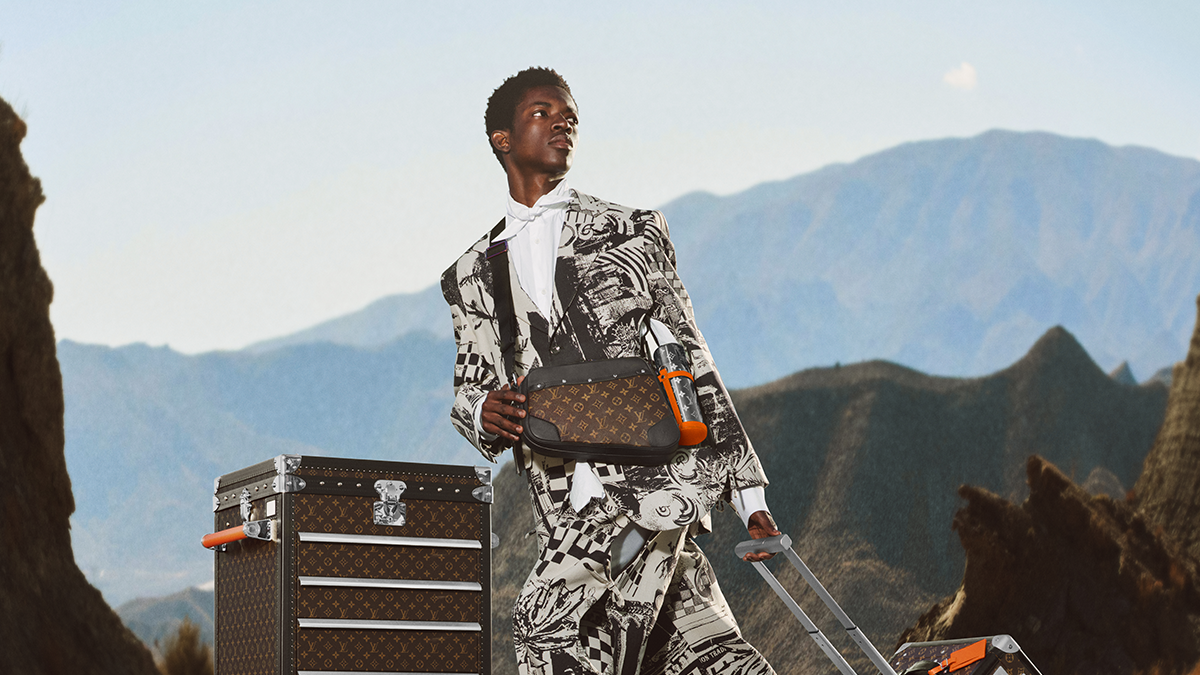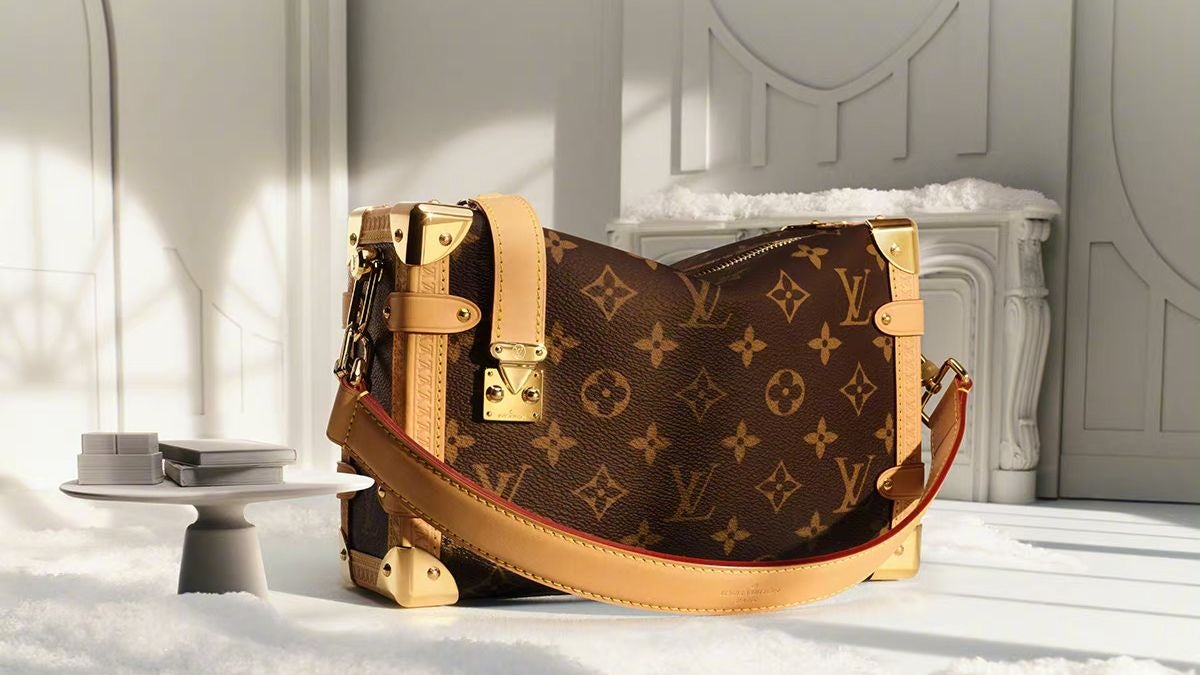With LVMH being the first luxury company to post global sales growth this week since the Chinese economy started to recoup from the COVID-induced paralysis of late 2022, it is already clear that 2023 should be a stunning year.
Expect record sales and profits for the industry overall, as well as bold creative and retail initiatives that will put many of the dire scenarios to rest. When China's luxury demand was hampered by lockdowns and a lack of consumer confidence last year, other nationalities saved the day. Now, as local consumption in the US and Europe could start to moderate in 2023, China's rebound as well as strong consumer trends in Japan, Southeast Asia and the Middle East should more than compensate.
The good news for 2023? Margins are unlikely to fall despite meaningful reinvestments as operating leverage from strong global sales, greater growth in Asia, and FX (foreign exchange) will all be very supportive. The better news for the long term? Luxury used to be a play for Japanese wealth 20 years ago and Chinese wealth pre-COVID; now it’s just a play for global wealth, whatever the nationality. Caution not warranted.
Luxury sales growth in 2023 is off to a strong start — and it’s not about to stop#
Earlier this week, LVMH published record Q1 sales on the back of Louis Vuitton, Dior, DFS and its other portfolio brands shooting the lights out. In my book Future Luxe, published in the midst of the COVID-19 panic in September 2020, I made 21 predictions for 2021 and beyond, including one that, in hindsight, is pretty obvious: “Bernard Arnault, chairman and CEO of LVMH, will consistently top the list of the richest individuals in the world, ahead of Amazon’s Bezos. His group will hold 90 to 100 brands, up from 77 at the time of writing.”
Arnault is indeed the world’s wealthiest individual, currently ahead of Elon Musk and Jeff Bezos. Whether this will stand or not remains to be seen, but what is clear is that growth of the overall luxury industry and LVMH in particular should be very healthy in 2023.
What carries Louis Vuitton, the biggest brand in luxury by sales and the one generating half of LVMH's profits? Bold collaborations such as the recent Yayoi Kusama project. Unexpected hires such as the appointment of "Happy" songwriter Pharrell Williams as the creative director of menswear, which both empowers diversity and reinforces the idea that luxury serves no purpose but to put a smile on one's face.

And for just a few weeks now, having Pietro Beccari as CEO, a dreamer whose larger-than-life character will help scale the brand. Louis Vuitton was seen as ubiquitous when sales were €2bn, now it's not seen that way anymore despite the brand being 10 times bigger, thanks to the great work of Beccari’s predecessor. Hitting €30 billion in sales is not that farfetched.
Margins are unlikely to soar in 2023 as most brands are family controlled and take the long-term view, meaning they will almost always choose to feed brand equity and top-line growth for the long haul over margins in the short term. However, there are three reasons to believe that despite hefty reinvestments from sector heavyweights such as Louis Vuitton, Dior, Hermès, Cartier, Chanel, Gucci and Tiffany, margins will still be supported in the short term.
First, Asia should outperform this year and brands enjoy higher profit margins there. Second, if the luxury sector grows in line with what LVMH put out in Q1 – 17 percent top-line growth – or even a bit below, which is possible given that Q1 had the toughest basis of comparison this year, there is bound to be some operating leverage from such strong growth. Third, but importantly, as most companies are hedging their FX exposure on a 12-month rolling basis, the decline of the EUR/USD from last summer and fall will benefit margins starting now (companies mostly produce in EUR but sell products across the globe).
Long term, the most powerful post-COVID reality is that luxury goods appeal to a global consumer. Although China's luxury sales were muted in 2022 due to country's strict pandemic policy, the year saw very solid growth as Americans and many local clienteles across the globe (French, Italian, Thai, South Korean, Japanese and many more) stepped up.
But in 2023, the luxury consumption of Americans, South Koreans and eventually Europeans will likely show signs of a slowdown. At the same time, most observers had underestimated the power of post-COVID rebounds in Europe and even more so in the US. China's recovery will likely more than mitigate weakness elsewhere while other nationalities in Asia contribute greatly. It is becoming clear that the luxury sector is driven by global wealth, not a single nationality, and that seems to be a lot healthier.
As LVMH likes to put it, Louis Vuitton does not sell handbags, it sells culture. That premise implies that the sky is the limit!
Erwan Rambourg has been a top-ranked analyst covering the luxury and sporting goods sectors. After eight years as a Marketing Manager in the luxury industry, notably for LVMH and Richemont, he is now a Managing Director and Global Head of Consumer & Retail equity research. He is also the author of Future Luxe: What’s Ahead for the Business of Luxury (2020) and The Bling Dynasty: Why the Reign of Chinese Luxury Shoppers Has Only Just Begun (2014).


